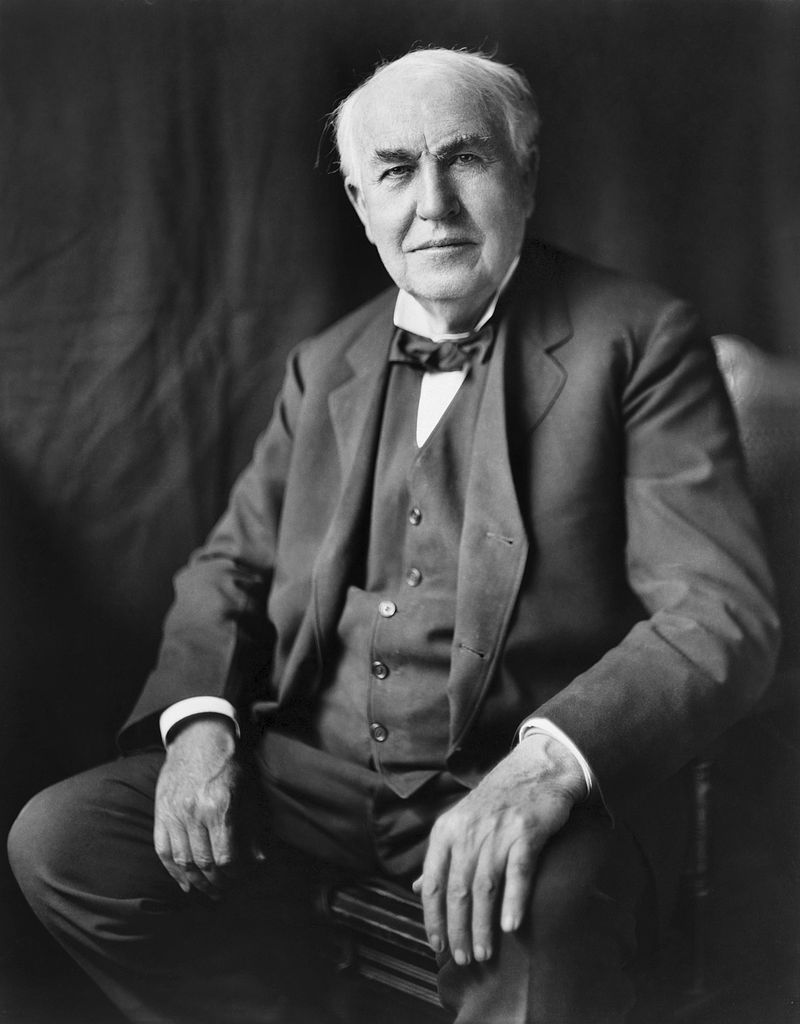The 4th of July

Independence Day—July 4th—is more than a celebration of freedom. It marks the birth of a nation built on the unshakable belief that all people are created equal and endowed by their Creator with unalienable rights. On this day in 1776, the Declaration of Independence was adopted, and with it, the United States of America stepped into history with boldness and purpose.
IN GOD WE TRUST

On July 30, 1956, President Dwight D. Eisenhower signed the law P. L. 84-140, which made “In God We Trust” the nation’s official motto. The motto had appeared on coins since the Civil War era, but now it would also be printed on paper currency.
Thomas Paine

On January 10, 1776, a voice rose above the noise of uncertainty and fear—a voice of clarity, conviction, and undeniable purpose. That voice belonged to Thomas Paine, and it came in the form of a 47-page pamphlet titled Common Sense.
Thomas Jefferson

Born on April 13, 1743, Thomas Jefferson was more than a Founding Father—he was a visionary whose intellect shaped the soul of a nation. A statesman, diplomat, lawyer, philosopher, and architect of liberty, Jefferson’s ideas laid the foundation for what the United States would become.
John Adams

John Adams, born on October 30, 1735, was more than just a Founding Father—he was a pillar of principle, a fierce advocate for independence, and a man whose convictions shaped the very soul of America.
The Gettysburg Address

The Gettysburg Address, delivered by President Abraham Lincoln on November 19, 1863, is one of the most revered and enduring speeches in American history. It begins with the solemn and poetic phrase, “Four score and seven years ago
Alexander Graham Bell

Alexander Graham Bell, born on March 3, 1847, was a visionary inventor, scientist, and engineer whose groundbreaking work forever transformed human communication. Originally from Scotland, Bell later became a Canadian-American citizen, and his legacy spans continents and centuries.
Thomas Edison

Thomas Alva Edison, born on February 11, 1847, was a towering figure in American history—an extraordinary inventor, visionary entrepreneur, and symbol of innovation whose genius helped shape the modern world.
Henry Ford

Henry Ford, born in 1863, was a transformative American industrialist and business magnate whose innovations reshaped the fabric of modern society. As the founder of the Ford Motor Company, he revolutionized the automobile industry
1947 Paris Peace Treaties

The number 47 stands as a powerful symbol of peace, transformation, and order. In 1947, the Paris Peace Treaties were signed on 10 February, drawing a definitive close to the global chaos of World War II.
